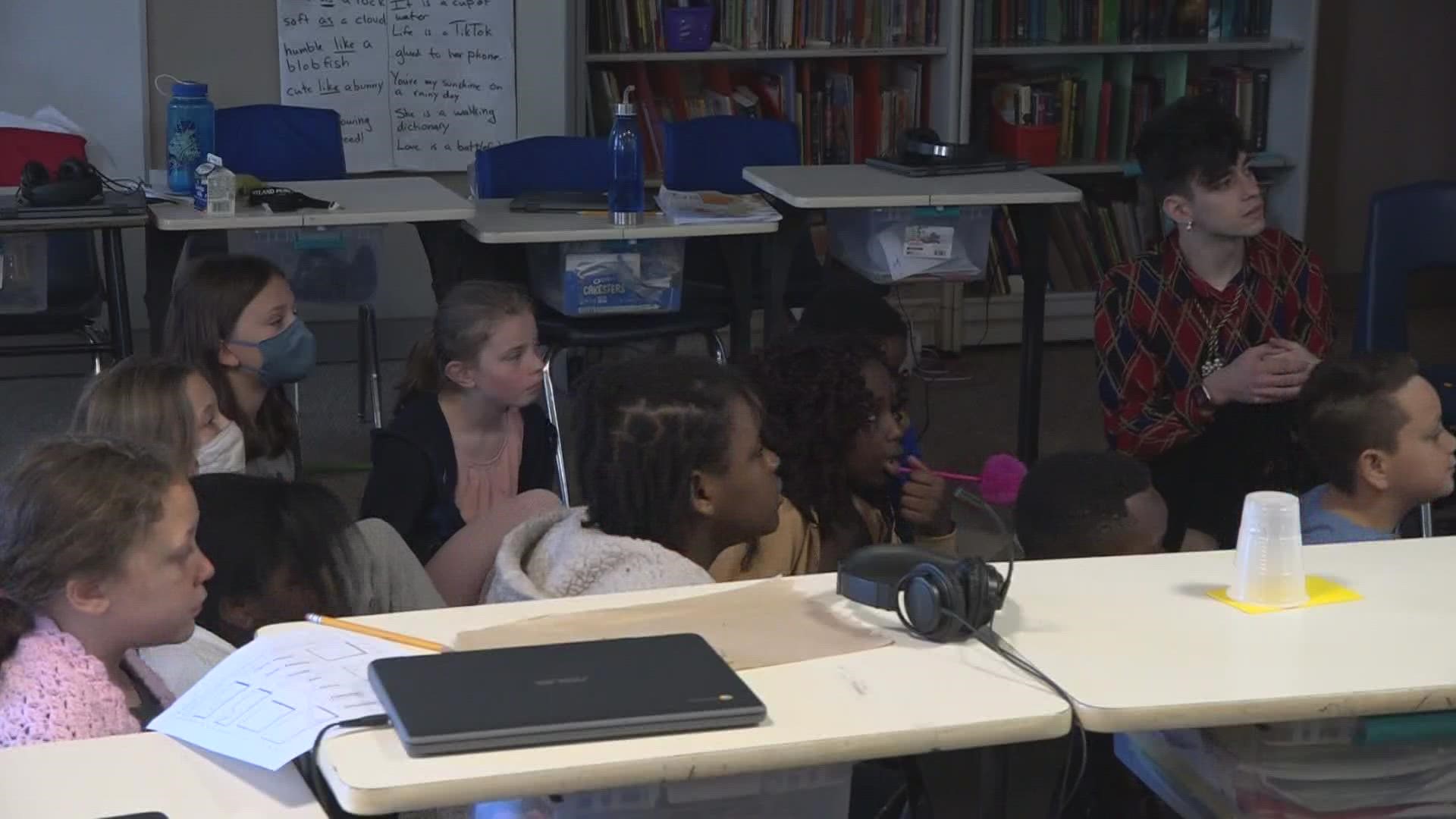PORTLAND, Maine — Native tribes in Maine have an important place in our state's past, present, and future.
For the past few years, a group of Portland Public Schools staff members have been working to make sure students understand Wabanaki history and culture.
The new Kindergarten through 12th-grade curriculum will implement Wabanaki studies into students' regular classes in subjects like science, social studies, and arts.
In 2001, Maine passed a law requiring schools to teach the history and culture of the Wabanaki people, who were the stewards of these lands.
Fionna Hopper is the social studies and Wabanaki studies coordinator for Portland Public Schools. She explained that those studies have fizzled out in Maine schools. Right after the law was passed 21 years ago, a commission was developed to create a method for Maine teachers to start passing along the lessons and teachings of the Wabanaki culture to students. Due to a lack of funding, the commission did its initial work but then closed.
Now, more than a decade later, a group of Portland teachers and indigenous community members are working together to create a comprehensive curriculum for students.
Hopper said the curriculum is part of the district's effort to ensure equity for everyone in the schools.
"Part of what we realized at the district level was the equity meant following the law around Wabanaki studies, because we couldn't really be claiming that we were achieving equity and having an equity mindset as a district if we were ignoring a law that had been on the books for 20 years that was all about respecting and understanding the history of the people who have stewarded this place for thousands and thousands of years," Hopper said.
Hopper said the goal is to have the new curriculum up and running in all Portland public schools in two years, and then hopefully expand the program to other districts in the state.
"They are feeling very empowered that they understand the history of the things around them and the land that they are on," Zev Bliss, a 4th-grade teacher at Reiche Elementary School, said.
Bliss has been pilot-testing the program with his students for the past few weeks.
"I think it's important for them to grow in their skills of understanding chronological time, governments, how to critically read history," Bliss said.
"That the Wabanaki people were respecting nature and taking care of it," a 9-year-old student said about the Wabanaki-related lessons she learned.
"The reality is that Wabanaki studies have not become institutionalized in districts throughout the state. In Portland ... not only are we the largest district in the state, but we are also the most diverse by every possible measure," Hopper said.
The goal of the new Wabanaki curriculum is to help implement a more structured and stable plan for teachers to follow and teach.
"Without Wabanaki studies in place in schools, most people who are not growing up in or near an indigenous community could be unaware that there are indigenous communities in what we call Maine," Hopper said.

